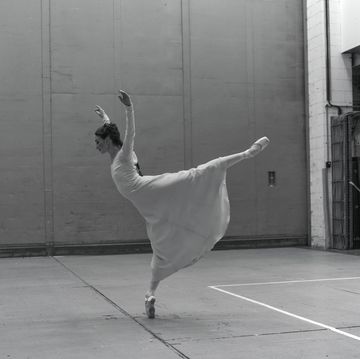It was, appropriately, on International Women’s Day 2016, as she was jogging around Parliament Square, that the feminist campaigner Caroline Criado-Perez first noticed every one of its 11 statues portrayed a man.
Her petition to add a suffragette to their number attracted nearly 85,000 signatures, and the support of JK Rowling, Emma Watson and Theresa May. As a result, in February, exactly a century after women were first able to vote, a statue of Millicent Fawcett will be raised in the square. Standing in a line with her fellow human-rights campaigners Nelson Mandela and Mahatma Gandhi, she will face Parliament holding a placard reading "Courage calls to courage everywhere". These words are taken from a speech Fawcett made in 1913, following the death of the suffragette Emily Davison under the hooves of the King’s horse at the Epsom Derby.
Fawcett herself was a ‘suffragist’ and the organisation over which she presided, the National Union of Women’s Suffrage Societies, relied solely on peaceful persuasion to advance the cause – unlike Emmeline Pankhurst’s suffragettes, who espoused a strategy of civil disobedience. Fawcett therefore remains a comparatively shadowy figure. Yet it was she who led the delegation to Lloyd George that secured women’s first, limited, voting rights in 1918, and she who continued to campaign until the vote was extended to all adult women in 1928. A hundred years later, with a self-confessed groper in the White House, abuse scandals rocking Parliament and the film and fashion industries, not to mention the enduring gender pay gap, it is clear that true sexual equality is still a long way off.
Indeed, the Turner Prize-winning artist Gillian Wearing, who has created the bronze of Fawcett, will be the first female sculptor to have her work in the square. "It takes courage and stoicism to see something through," she says. "I am so honoured to have been able to create a statue of Millicent, and to have her message be an encouragement to anyone who needs to stand up to injustice." Fawcett once declared that her movement was "like a glacier: slow-moving but unstoppable"; and if she can teach us anything today, it is the power of persistence.
This was originally published in the February issue of Harper's Bazaar














